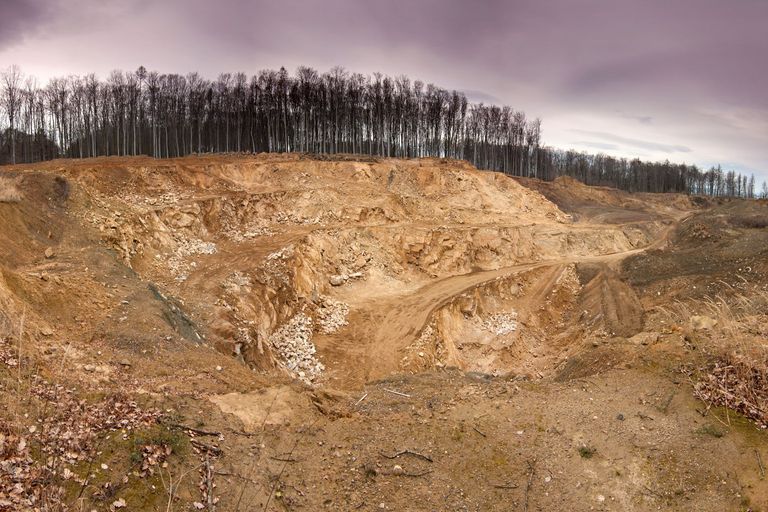Dazu gehört
Assessment Report on Biodiversity and Ecosystem Services for Europe and Central Asia
The regional assessment report on biodiversity and ecosystem services for Europe and Central Asia identifies a mix of governance options, policies and management practices that are currently available to reduce the loss of biodiversity and of nature’s contributions to people in that region.
Bild: IPBES
IPBES Europa & Zentralasienbericht - Präsentation für die Öffentlichkeit
An dieser Veranstaltung wird der neue IPBES-Bericht über den Zustand der Biodiversität und der Ökosystemleistungen sowie mögliche politische Ansätze in Europa und Zentralasien den Regierungen und Stakeholdern vorgestellt.

Worsening Worldwide Land Degradation Now ‘Critical’, Undermining Well-Being of 3.2 Billion People
Worsening land degradation caused by human activities is undermining the well-being of two fifths of humanity, driving species extinctions and intensifying climate change. It is also a major contributor to mass human migration and increased conflict, according to the world’s first comprehensive evidence-based assessment of land degradation and restoration.
Bild: Petr Baumann, shutterstock.com










